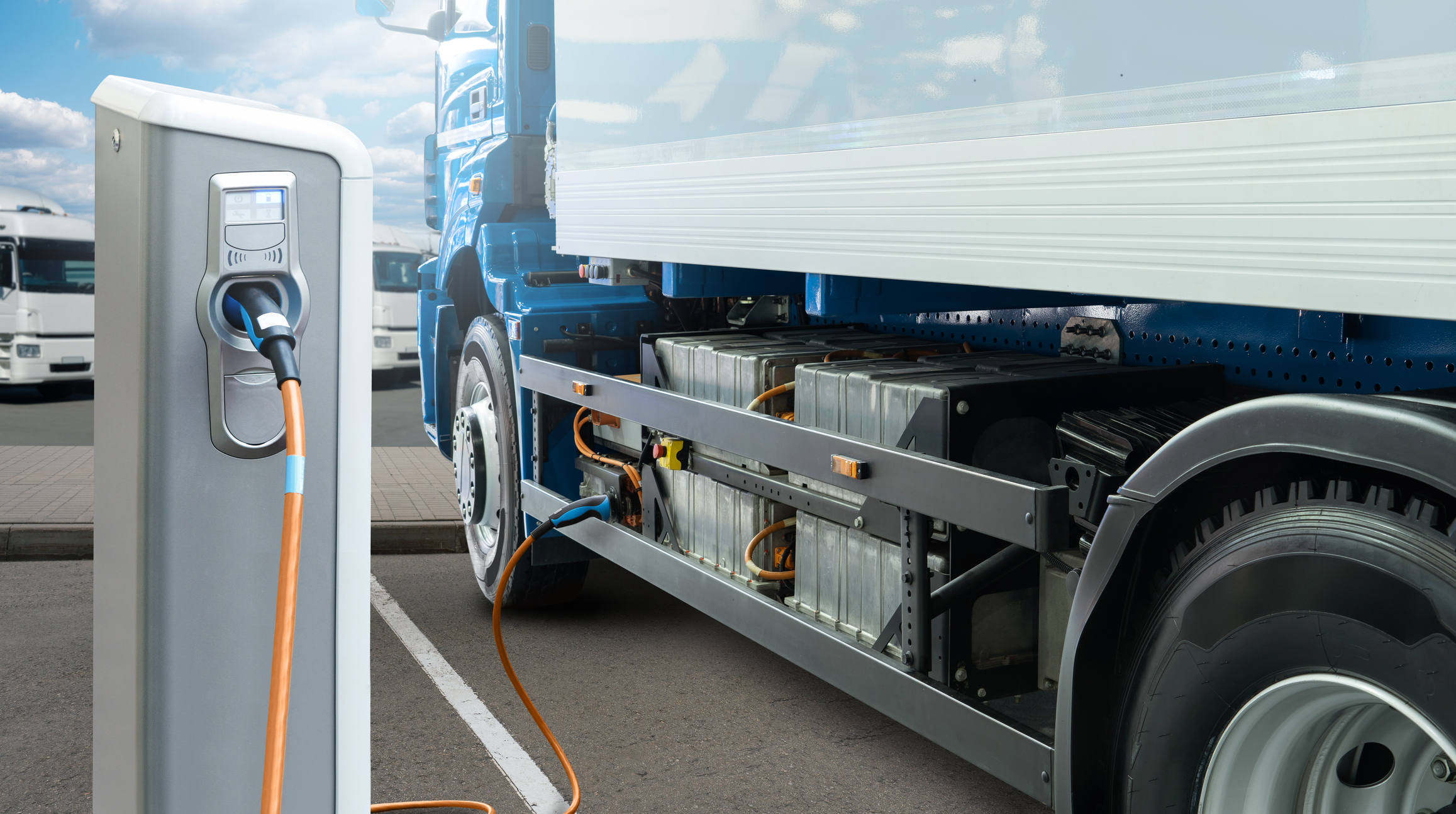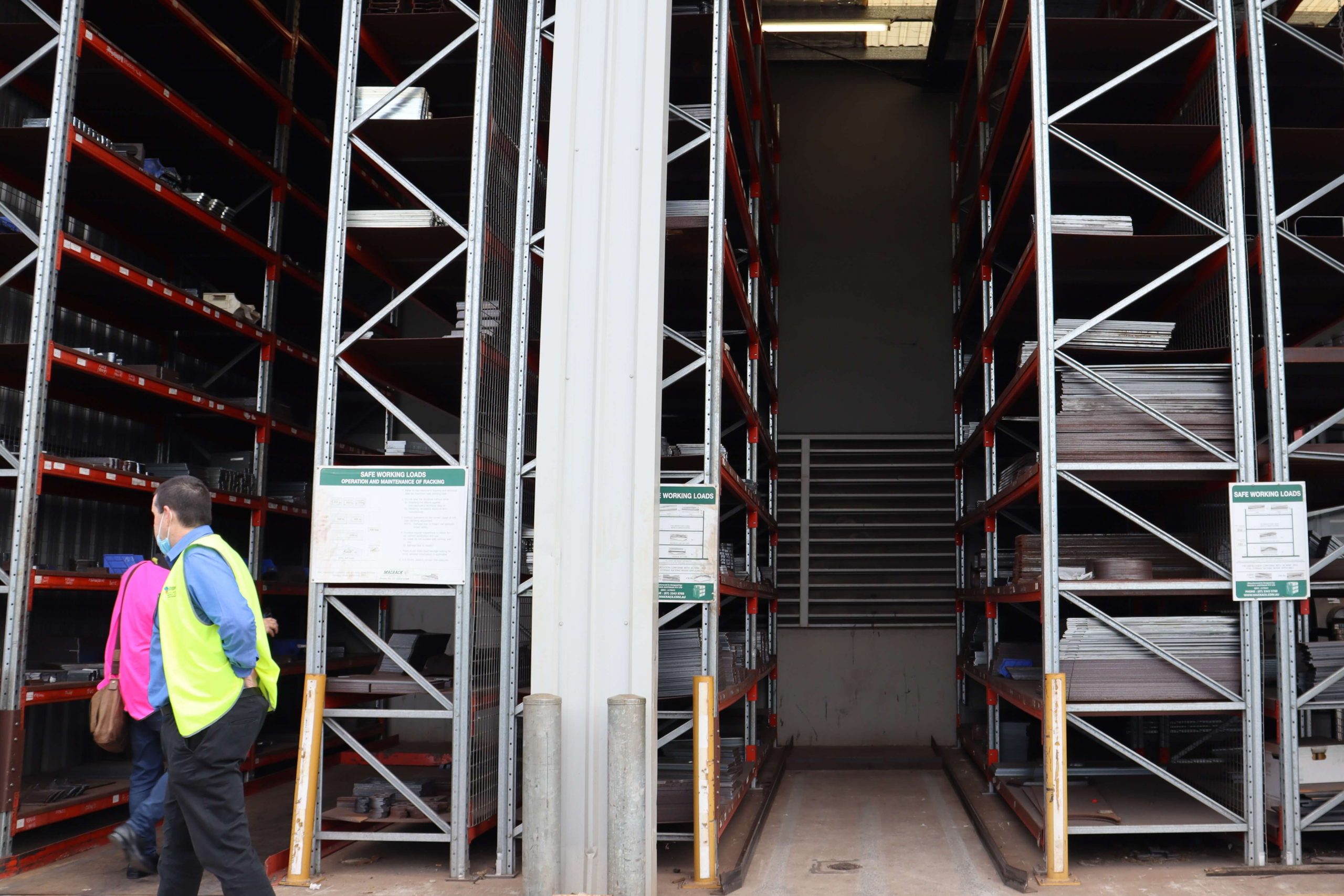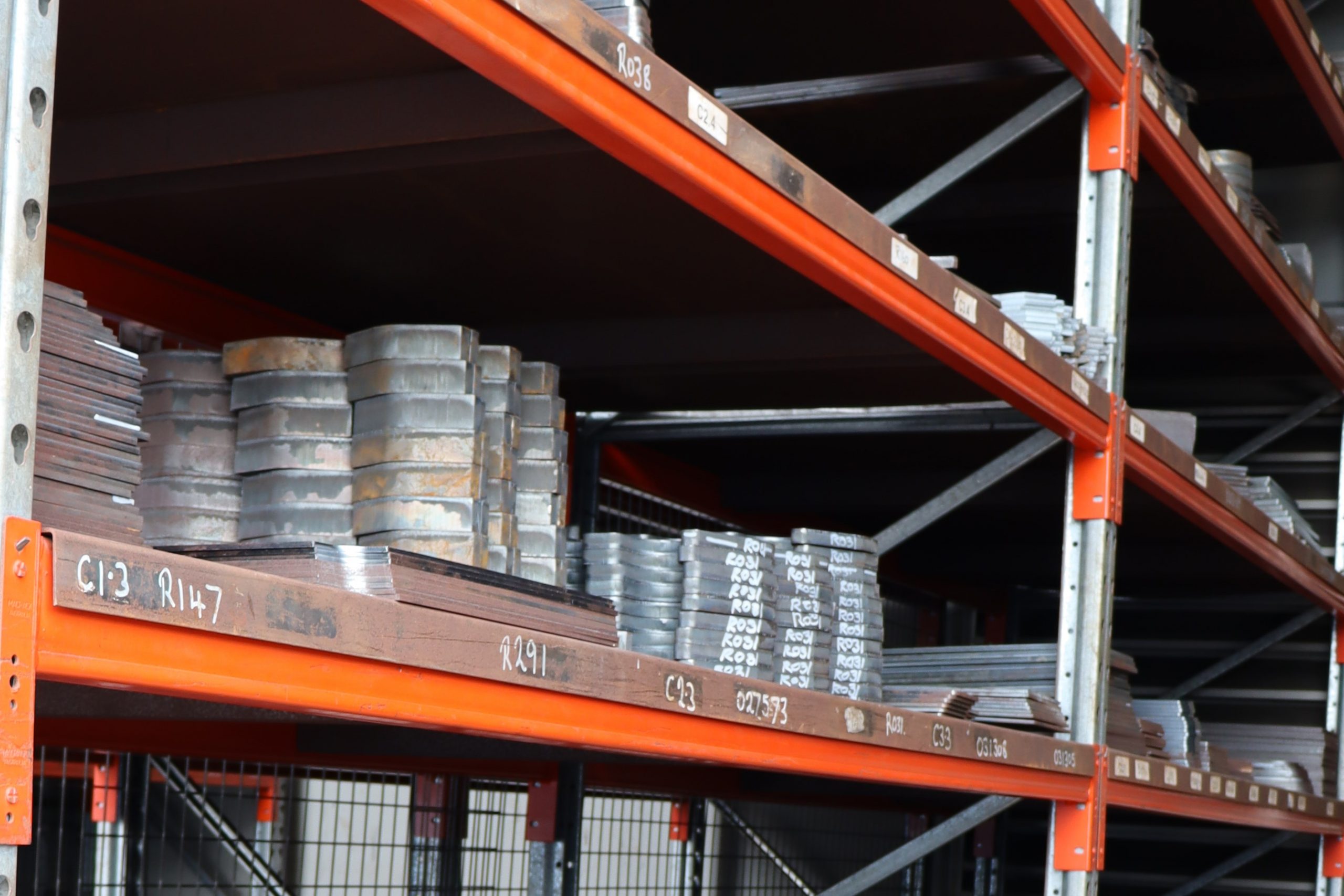Could Mass Adoption of Electric Transport Further Shock Global Metal Supply?
The age of the electric transportation is upon us.
In 2020, the global number of electric vehicles on the road jumped from just 17,000 in 2010 to over 6.8 million. Forecasts suggest that within 15 years most forms of passenger transport will be electric – including personal vehicles, trains and buses. The heavy transport industry is also looking at an increasingly electric future as a way to drive down emissions.
Manufacturing these lighter, more sustainable vehicles will require different types of automotive parts and metal components. What could this mean for a global supply chain that is already under strain?
As ShapeCUT supplies precision-cut metal components to customers in the transport industry, we had a look at what the experts are saying.

New Transport Vehicles Drive Demand for New Metal Components
The biggest differences between fuel-powered and electric powered vehicle components are, unsurprisingly, in the battery and motor.
Electric vehicles require special metals, such as cobalt and lithium. Cobalt is used in the battery to provide stability and support battery life. Lithium of course is at the core of lithium ion batteries used in most electric vehicles.
The good news is we currently a good global reserve of both cobalt and lithium, and both are recyclable.
The bad news is that once we have used up our global reserve, these metals are harder to come by as mineable resources.
Cobalt Vehicle Parts
Cobalt is mostly sourced from ethically questionable mines in the Republic of Congo. Manganese is one alternative metal to cobalt – with Tesla leading the way in reducing cobalt for manganese.
Lithium Vehicle Parts
Unlike cobalt, there is no substitute for lithium. Australia is the biggest global supplier, but the sheer amount of lithium required to sustain the predicted boom is considerable, and the cost is also substantial.
Nickel and Copper Vehicle Parts
Then there is nickel and cooper.
Electric vehicles need four times the amount of Copper for the motor and wiring. Factor in the copper required for commercial and residential charging stations and you have yourself a potential 50-fold increase in copper by 2025.
Nickel also plays a large role, adding energy density to give batteries longevity and ‘oomph’. In September 2019, the average new electric vehicle battery contained 14 kilograms of nickel. But less than half the world’s nickel is suited to these batteries.
Then, consider that copper and nickel also go towards making cobalt, and you see the mounting pressure on mining and metal companies

Knock on Effects for Stainless Steel Supply?
With a predicted shortage of nickel, could there be knock on effects for stainless steel too?
Although chromium is the main alloying element in stainless steel, nickel is vital to enhance formability, weldability and ductility. Approximately 75% of stainless steel today contains nickel.
While new forms of stainless steel are being made all the time and battery technology is also evolving, added pressure on nickel supplies may cause a strain on stainless steel supply.
What About Cut Steel Vehicle Components?
Steel still plays a huge role in manufacturing electric vehicles. On average, 0.9 tonnes of steel are in each electric passenger car and 1.3 tonnes in a truck.
However, steel competes against the lighter, more expensive aluminium for “metal of choice”.
A lighter car means better performance through longer battery life. So aluminium is increasingly the metal of choice for parts i.e. chassis, structural components, and internal panels to house and batteries.
Estimates are that aluminium demand for electric vehicles will rise to 2.4 million tonnes in 2025. That’s nearly double the amount in 2020.
Industry heavyweights are expected to develop new lightweight steel grades as a more cost-effective option for manufacturing electric vehicles.
It remains to be seen just how much the move to electric transportation will impact the global supply chain. But one thing is for sure: ShapeCUT is monitoring all things metal supply closely.

ShapeCUT Supplies Cut Metal Components to the Transport Industry
ShapeCUT have experience supplying precision-cut metal parts for customers across transportation.
When it comes to vehicles and road machinery, safety and lifelong performance are everything. The accuracy of cut metal components ensure the highest standards of quality and safety.
We work directly with transport customers and with fabricators to understand cut metal specifications and choose the best method to achieve a precise, quality cut.
For precision-cut steel and aluminium on time and on budget, contact the ShapeCUT sales team today.
Contact Us To Find Out More
We ensure a fast, exact and economical steel solution for our clients. Call our team today to discuss your steel cutting and metal processing requirements.
Get Our Newsletter
Contact details
121 Mica Street, Carole Park,
QLD, 4300, AUSTRALIA
Freecall: 1800 SHAPECUT (1800 742 732)
Telephone: (07) 3271 5600
Facsimile: (07) 3271 5454
Email: sales@shapecut.com.au
Accredited Profile Cutting

Profile Cutting
©2023 ShapeCut | Website design Brisbane by iFactory | Privacy Policy | Search | Sitemap



